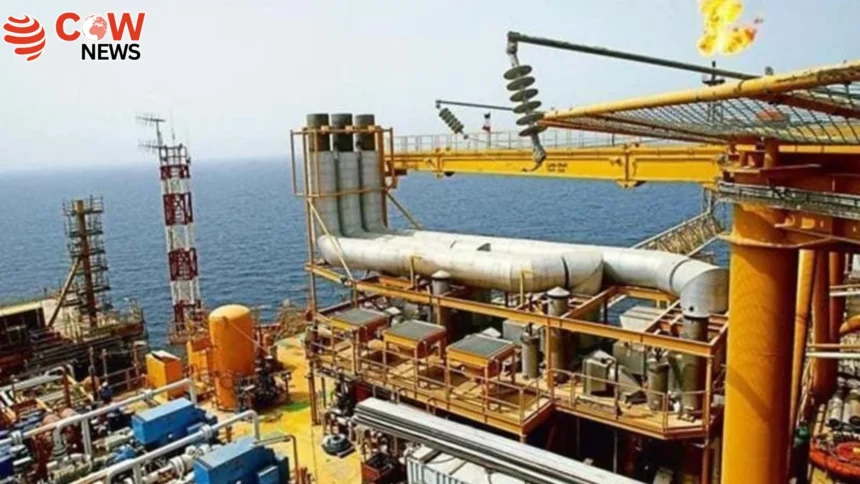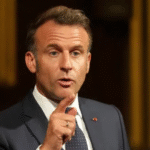Islamabad( The COW News Digital)Asian markets saw a slight upward trend in crude oil prices during the latest trading session, with Brent crude futures gaining 34 cents, or 0.54%, to settle at $67.07 per barrel. The rise comes amid mixed global energy demand signals and continued volatility in international markets.
Similarly, U.S. West Texas Intermediate (WTI) crude also recorded a price increase. October contracts rose by 34 cents, or 0.54%, closing at $63.02 per barrel, while November delivery contracts climbed 36 cents, or 0.58%, to $62.76 per barrel. Analysts attribute the rise to tightening supplies and expectations of sustained demand recovery in the coming months.
Domestically, Pakistan reported a decline in petroleum product imports during the first two months of the current fiscal year. According to data released by the Pakistan Bureau of Statistics (PBS), the country spent $2.538 billion on petroleum imports, which marks a 5% decrease compared to $2.662 billion spent during the same period last year.
In August 2025 alone, the petroleum import bill stood at $1.193 billion, reflecting a 14.7% decline from $1.398 billion recorded in August last year. On a month-to-month basis, imports dropped by 11.4% in August compared to July, when the bill reached $1.346 billion. Economists view this reduction as a potential relief for Pakistan’s current account deficit, though they warn that global price fluctuations could still pose a risk to the country’s import bill in the coming months.
Meanwhile, local markets in Pakistan saw a surge in gold prices. The per tola price of gold jumped by Rs. 3,400, reaching Rs. 393,700, driven by international market trends and a weaker rupee. The significant rise has made gold even less affordable for consumers, especially ahead of the wedding season when demand typically peaks.
In a separate development, milk and yogurt prices in Lahore were also increased, adding further pressure to household budgets already strained by inflation. The hike in dairy prices is expected to impact daily expenses for consumers across the provincial capital.
Overall, while the decline in petroleum imports is seen as a positive indicator for Pakistan’s external sector, rising energy prices globally and increasing domestic inflation remain key concerns for policymakers. The next few months will be crucial in determining whether Pakistan can maintain this downward trend in imports without facing a significant rise in the cost of fuel due to global price pressures.







